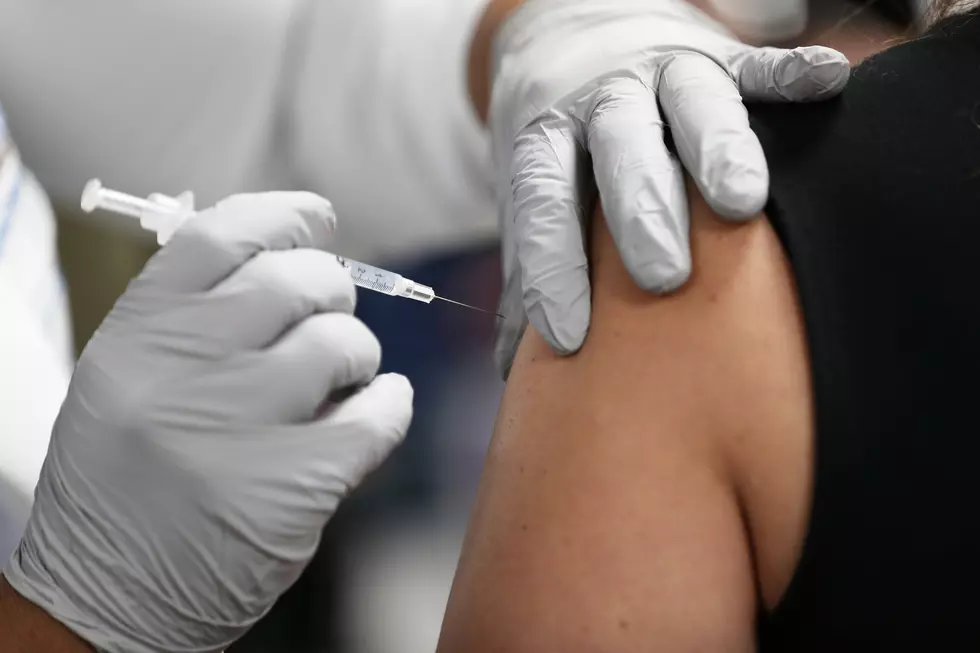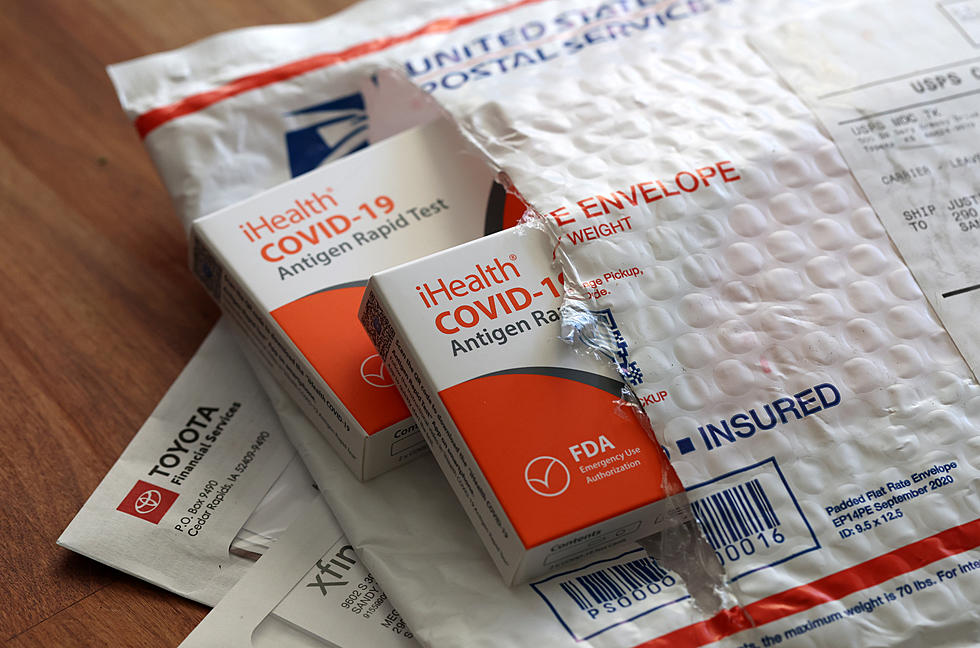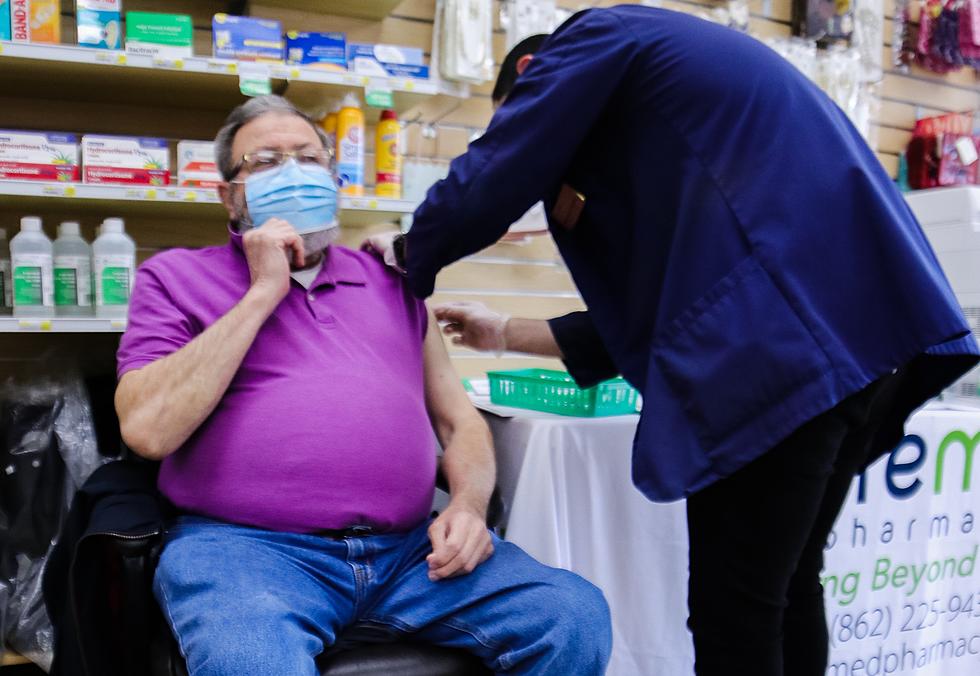
CDC Offers Guidance on OTC Meds and COVID Vaccination
For many people, it might be the first time in their lives they've been excited to get a shot in the arm. After a year of lockdowns and social distancing, the light at the end of the pandemic tunnel could finally be a reality. As more and more of the two widely available coronavirus vaccines are making their way into the arms of citizens across the nation.
With those jabs often come questions, one of those questions is "what kind of medicines can I take before or after I receive the vaccine"? It's a valid question. You don't want to take a pill for a headache that might also diminish the effectiveness of the COVID-19 vaccine. So, let's look at some of the more common over-the-counter or OTC meds you might consider taking or shouldn't consider taking when it's your turn to get vaccinated.
At my house, we almost always take a Motrin, ibuprofen, or Tylenol before we get a shot. It helps to ease the discomfort. But, if you're getting a vaccination for COVID-19 the Centers for Disease Control doesn't suggest you do that. Right now the CDC doesn't have all the facts about how NSAIDs or nonsteroidal anti-inflammatory drugs will interact with the body's production of antibodies from the vaccine.
So, since there no evidence, either way, the more prudent choice is to abstain from those kinds of medications in and around your jab time. Now, after you've been stuck, or vaccinated, the CDC says the use of NSAIDs is okay but the more time you can put between jab time and popping a pill the better off you might be.
What about Antihistamines? The problem with taking those according to the CDC is that they could mask an allergic reaction. So, if you have allergies you might want to forgo the Benadryl for a few days until you're sure that the COVID vaccine is not reacting in a negative way with your body.
What about other vaccinations? The CDC doesn't recommend that you receive a vaccination for another illness within 14 days of receiving your COVID vaccine. Your doctor can better advise you on a proper timetable should you need other vaccinations in addition to the COVID 19 jab.
Please remember I am not a doctor and you really shouldn't rely totally on medical advice you read online. Use the information we've provided from the CDC as a basis for questions for your healthcare provider. Many insurance companies provide free medical advice and consultations for their customers. So, if you have questions, do your research but rely on an expert before you make any choice that concerns the health of your family.
Five Tips for Cold and Flu Season
More From Hot 107.9









